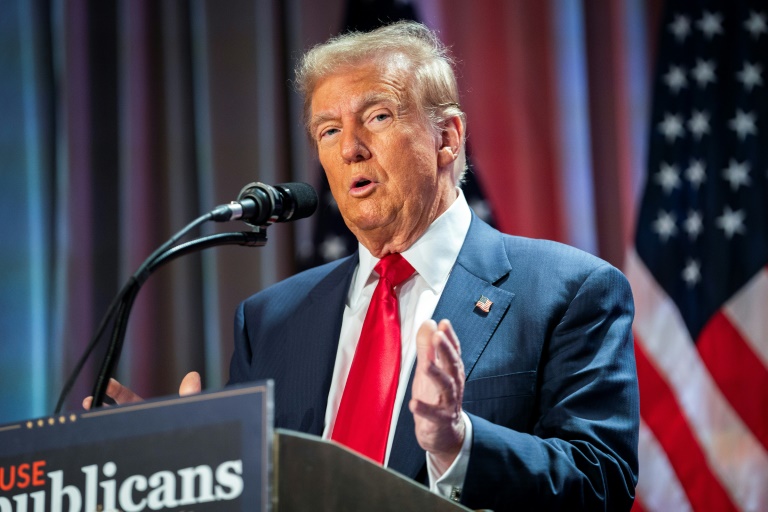If you are planning to buy an electric vehicle (EV), lawyers and EV experts urge you to make the purchase before 2024 ends to avoid the risks of missing out on up to $7,500 in EV tax credits as they fear President-elect Donald Trump will scrap the mandate in tax negotiations upon assuming Office next year. The Inflation Reduction Act implemented by President Joe Biden in 2022 offered federal EV tax benefits through 2032 for individuals who purchase or lease new or used EVs, including plug-in hybrid electric vehicles. For used EVs, the tax credit limit was set to $4,000 and goes up to $7,500 for new ones. The biggest advantage of the mandate is that consumers can access the savings before tax season, as the provision enables dealers to pay the funds upfront during purchase.
“There’s no question there’s real risk in the EV credit going away” next year, said Jamie Wickett of Hogan Lovells, specialising in federal tax policy, energy and the environment. “If you’re a consumer in the market for an EV, I would without a doubt push that into 2024, if at all possible — whether an outright purchase or a lease — just to reduce the risk of the credit going away,” Wickett added.
Scrapping The Mandate To Fund Tax Package
Trump has vowed to “cancel the EV mandate” during his campaign. Meanwhile, his transition team reportedly plans to eradicate the tax credits to make way for a wide-ranging tax-cut package, which involves lowering taxes on Social Security benefits, worker tips, and even overtime pay. Experts believe these moves could cost the economy $7.8 trillion over a decade and further broaden the Social Security program’s insolvency risks since the Old-Age and Survivors Insurance (OASI) and Disability Insurance (DI) trust funds are expected to be depleted by 2035 when it can cover only 76% of scheduled benefits. However, eliminating green energy tax credits, including the EV tax benefits, would only offset that cost to the economy by an estimated $921 billion.
Trump Has The Full Support Of His Transition Team
Tesla chief and the wealthiest person on Earth, Elon Musk, hinted in a July 16 post on X.com that he would want the tax credits to disappear. “Take away the subsidies. It will only help Tesla,” the billionaire wrote. “Also, remove subsidies from all industries!” Meanwhile, a spokesperson for Trump’s transition team, Karoline Leavitt, said of Trump that the Republican would keep his vows. “The American people re-elected President Trump by a resounding margin, giving him a mandate to implement the promises he made on the campaign trail,” Leavitt wrote in an email. “He will deliver.”
Those Leasing EVs Should Be Thorough With Contract Terms
The US Treasury Department stated that most EV consumers opted to receive the tax credit as a discount on the vehicle during purchase. The dealer issues an advance tax credit to consumers, which is then refunded by the Treasury. According to Plug In America policy director Ingrid Malmgren, those planning to lease an EV before 2024 can lock in their savings in their contracts over a multi-year term. However, the director of the group that promotes transition to EVs highlighted that the lease term is likely to overlap with Trump’s term in Office, making it imperative to be thorough with the contract terms. A dealer could include a clause in the agreement that monthly lease payments could increase if the upcoming US President denied the tax credits. Meanwhile, Wickett thinks Republicans will introduce the tax package by 2025-end, which would eventually phase out the EV credits between 2026 and 2027.







